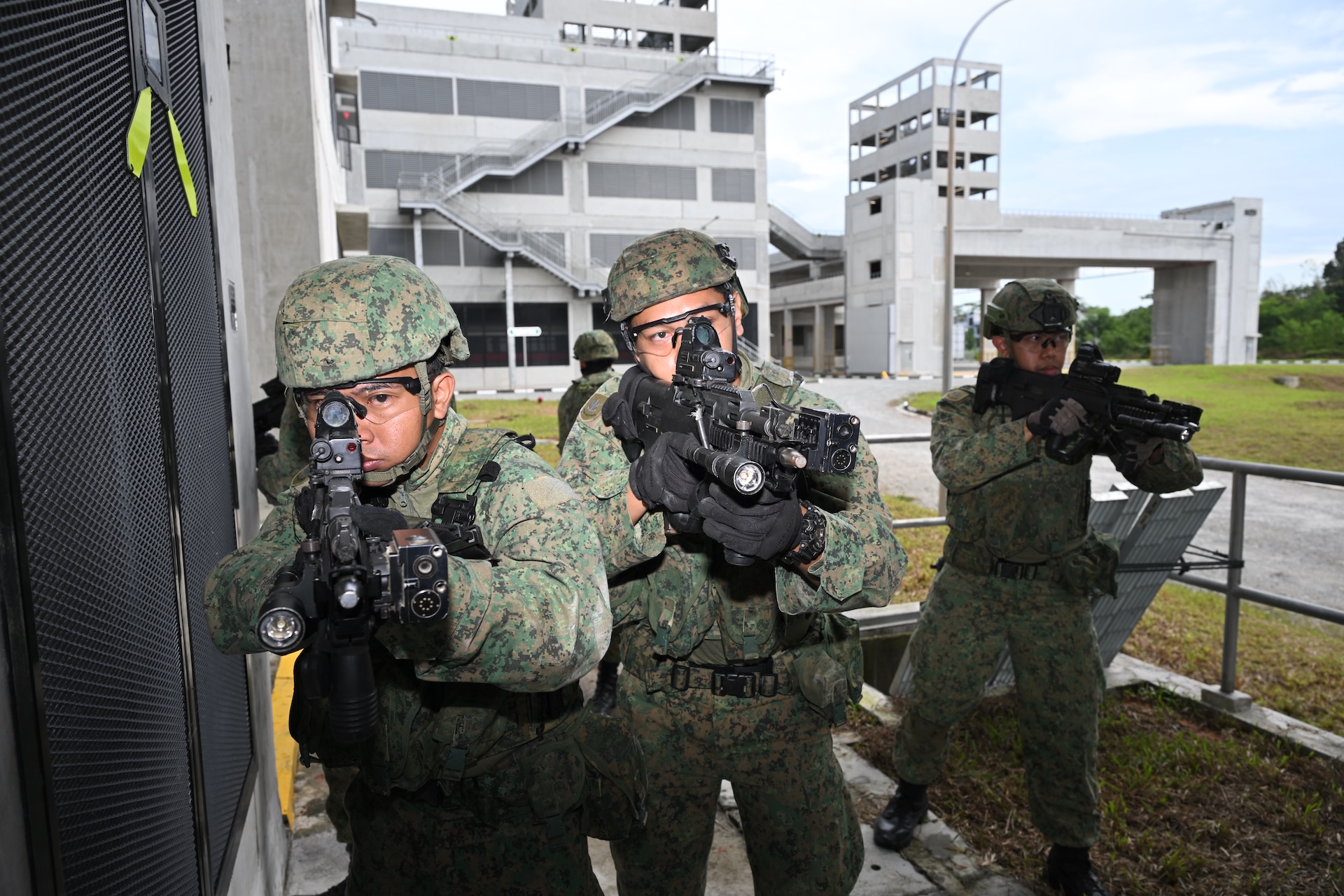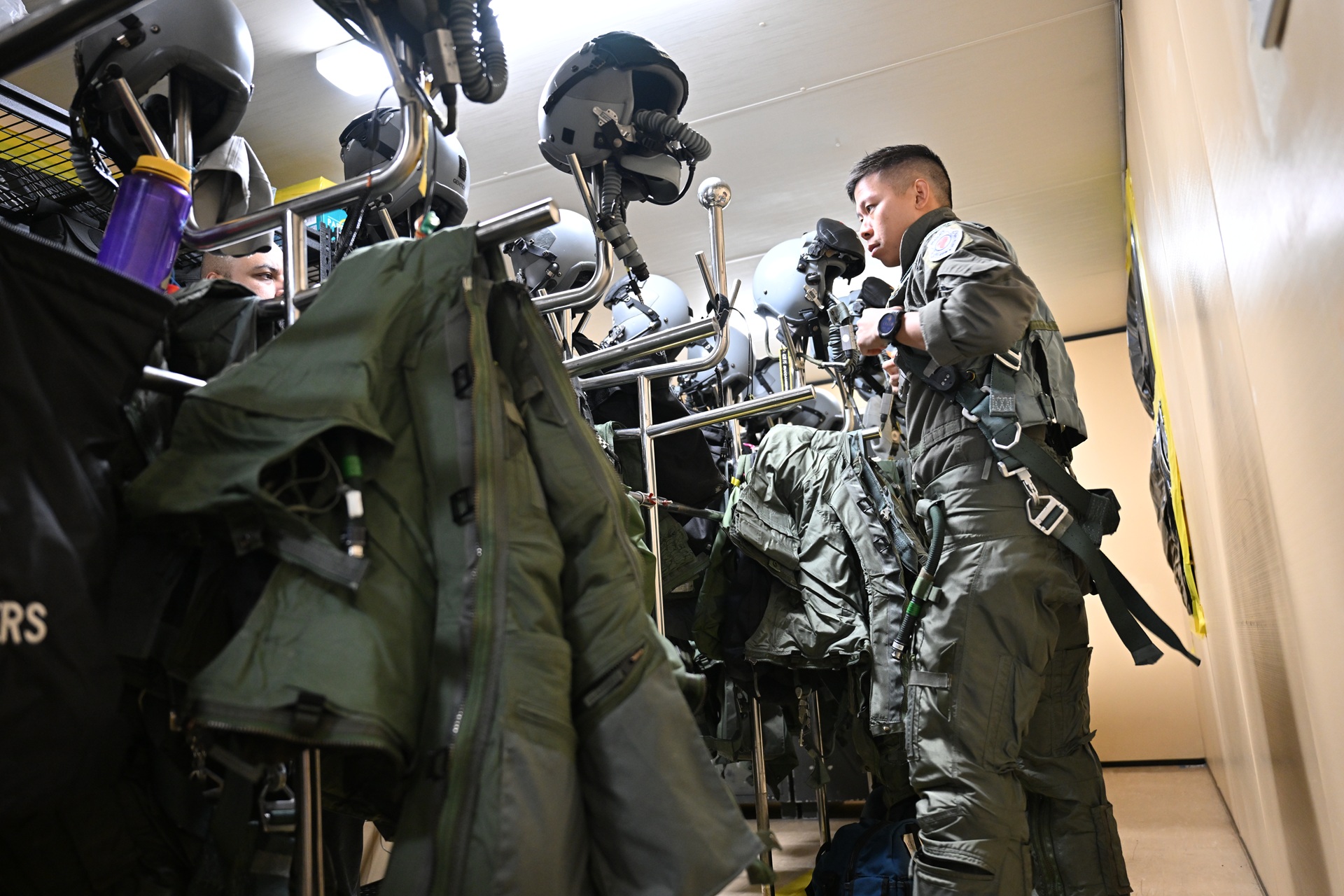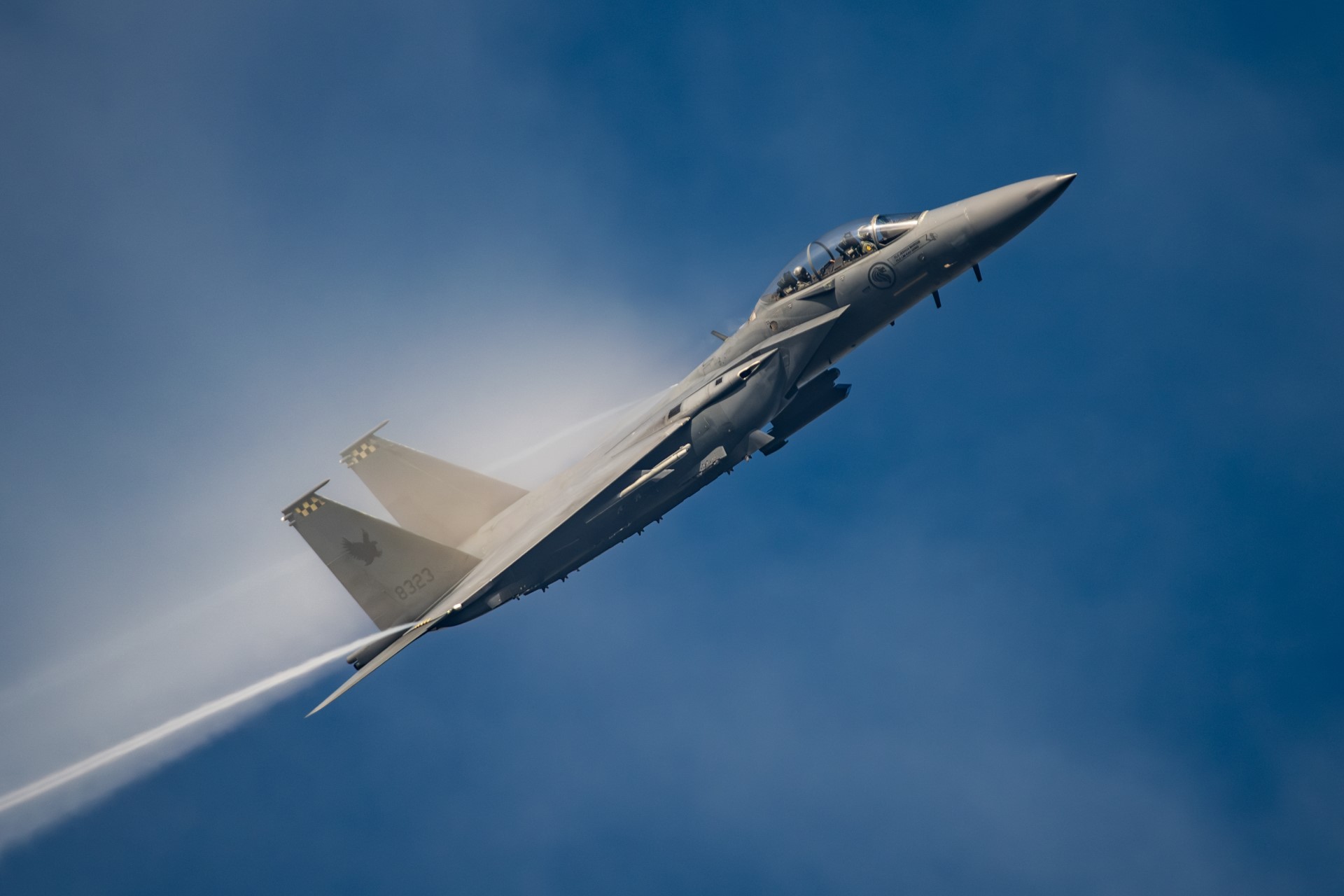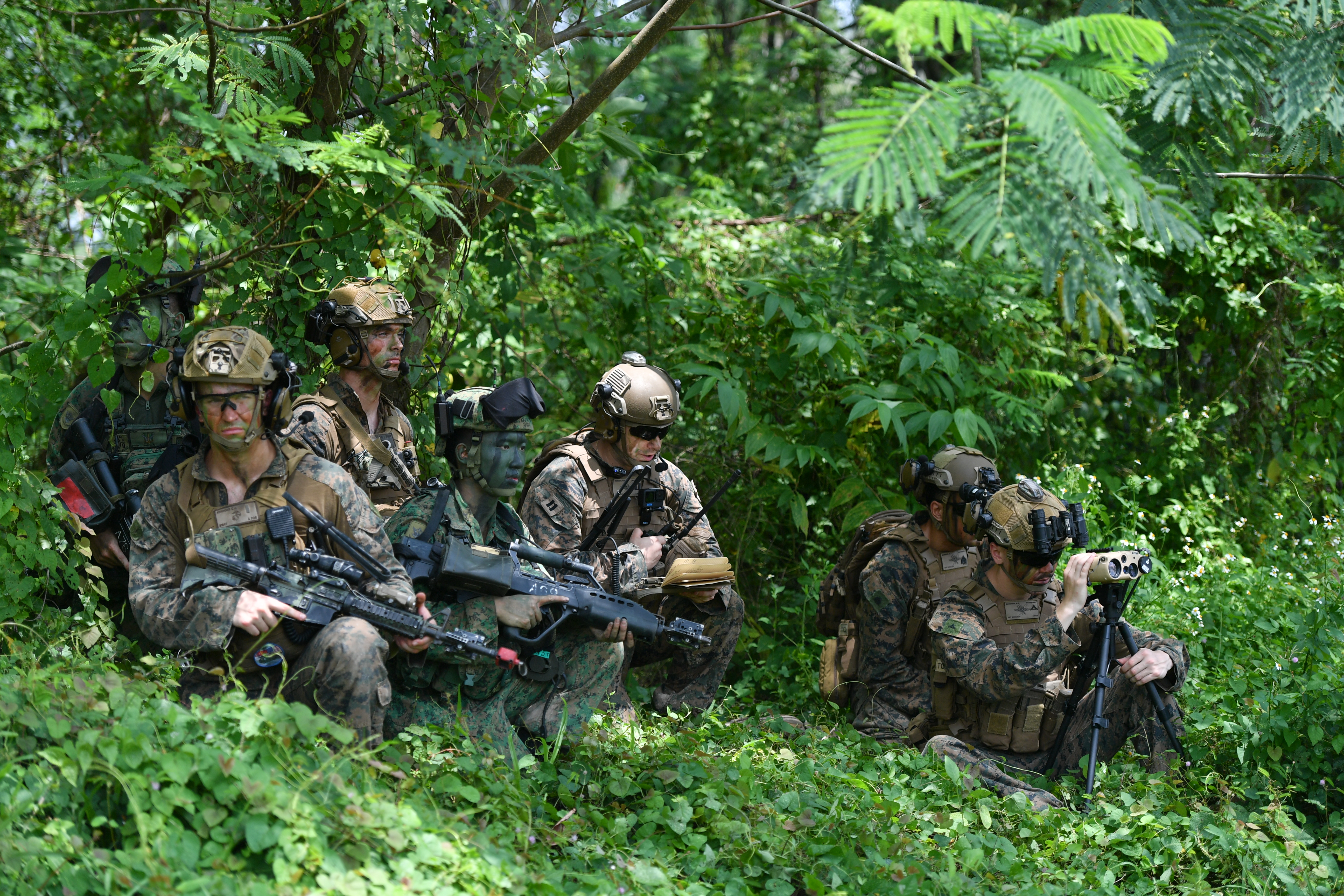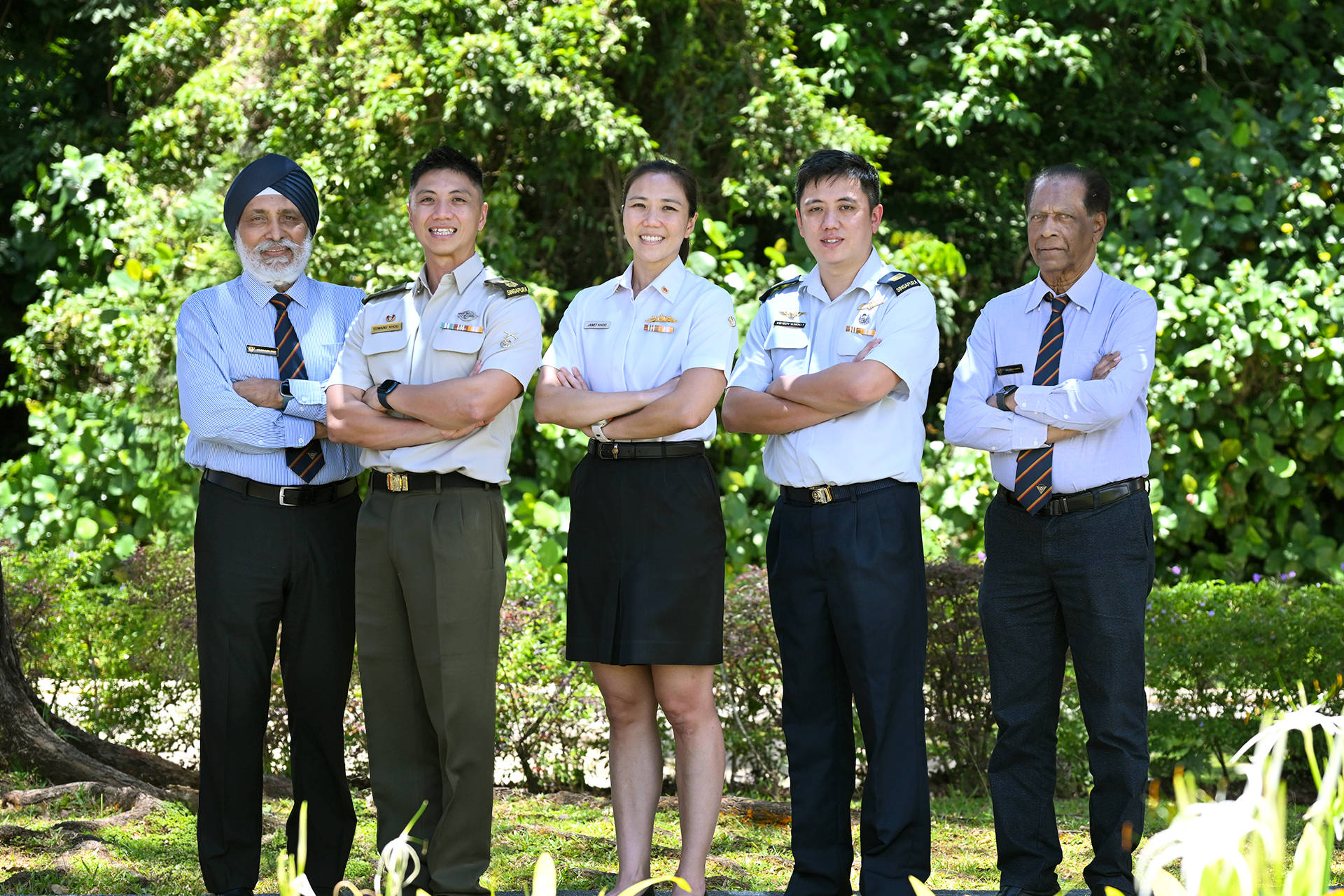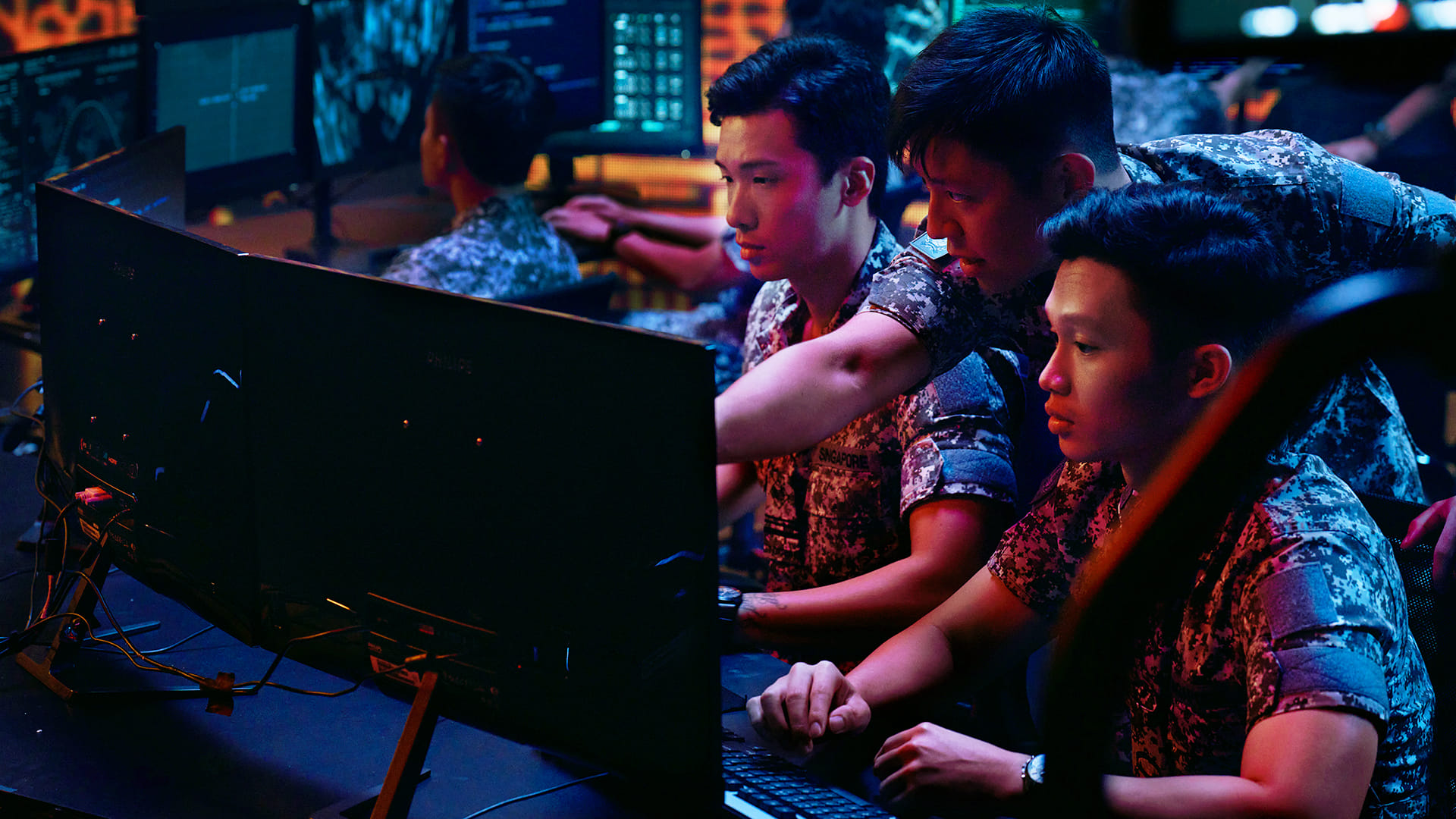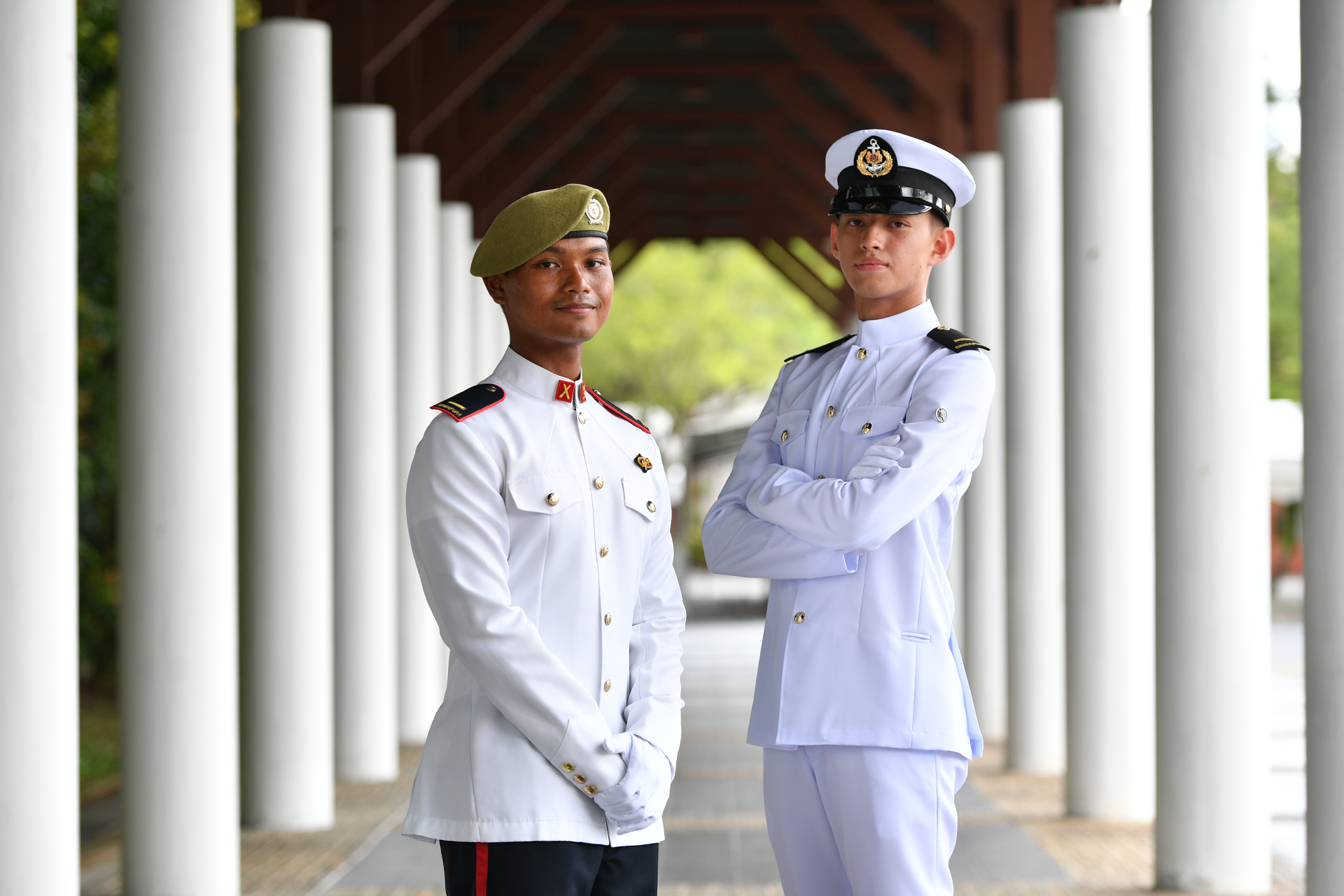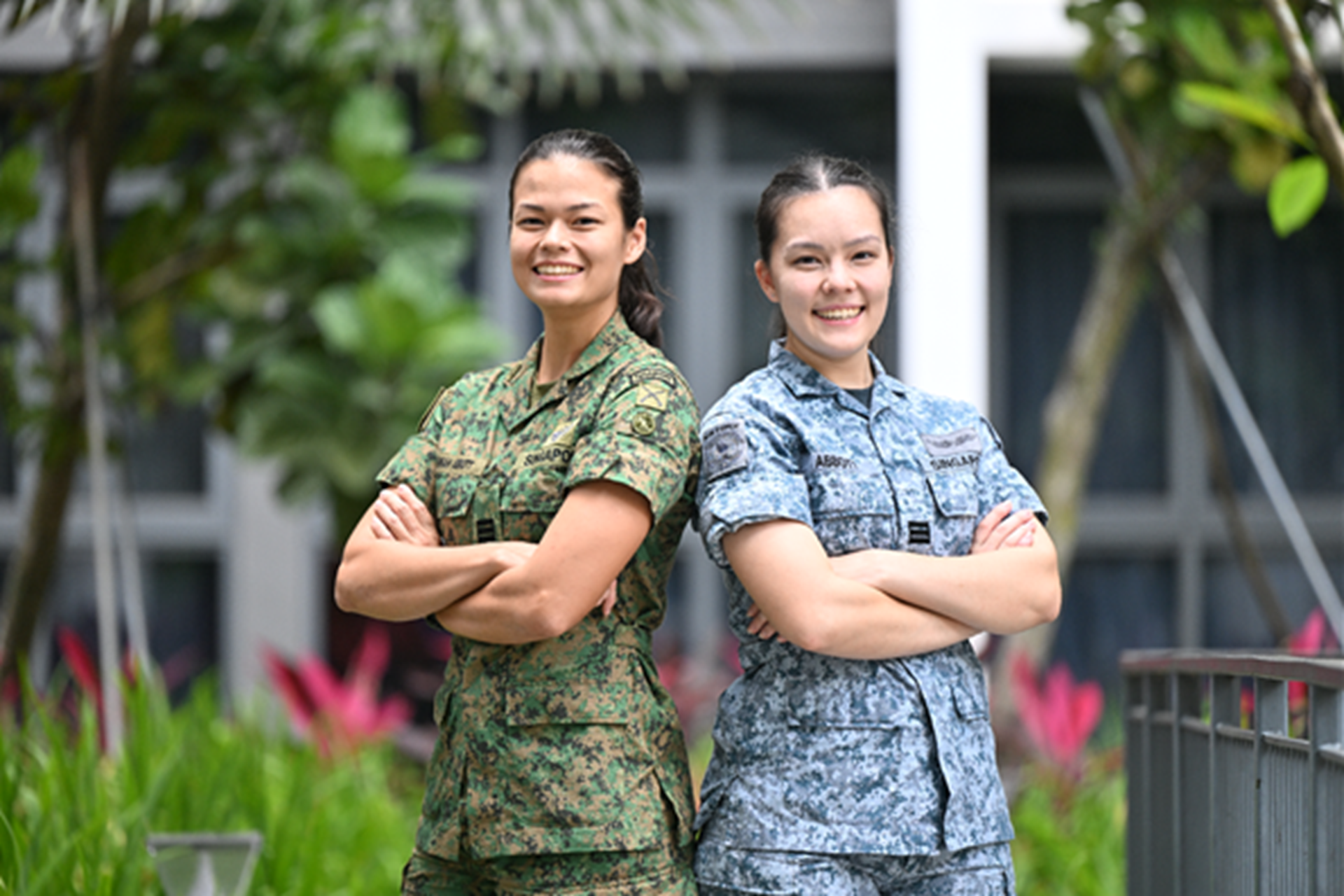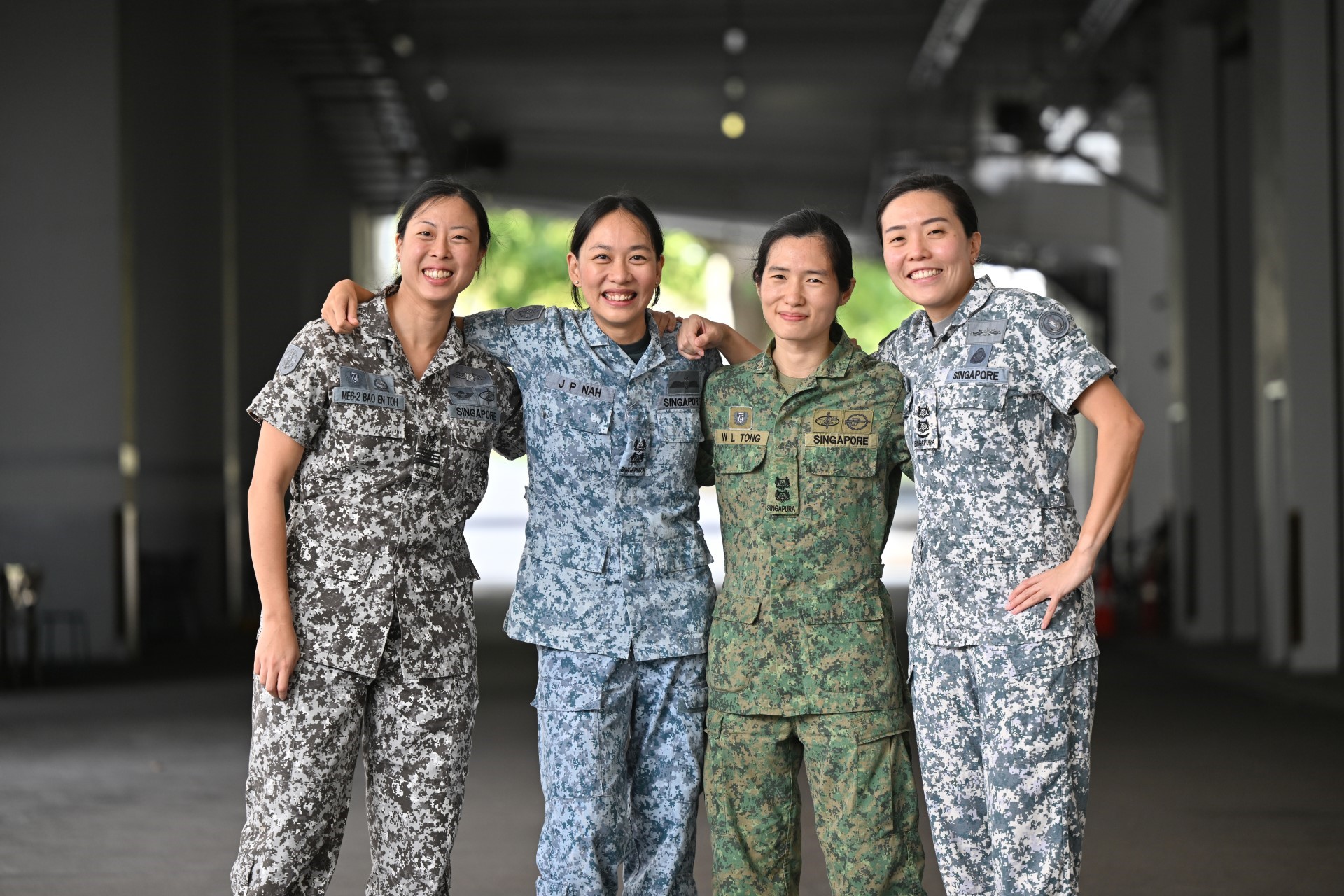TRAINING EVERY SOLDIER TO BE A LEADER
PHOTO // Chai Sian Liang and courtesy of the Army
Singapore's soldiers these days are "better educated, more adaptive and learn faster". They are also more comfortable with social media and work better independently using information technology.
That was how Chief of Army Major-General (MG) Ravinder Singh described the new generation of enlistees.
Speaking to local media on 26 Jul before the opening of the 7th Pacific Armies Chiefs Conference and the 35th Pacific Armies Management Seminar, he noted that, as the Army moves ahead in its 3rd Generation transformation, "we are demanding a lot more from our soldiers".
"We need to train them in a wide variety of equipment, to operate within a system and in complex environments. This means we need to build training systems which are more efficient and effective so that our people become very proficient in operating their systems within a very short time," he explained.
Rather than seeing the training of today's tech-savvy soldiers as a challenge, MG Ravinder treats it as an "opportunity for us from a training point of view". He explained that it is because of this that they "have all the right attributes we need to make them 3rd Generation soldiers".
From 30 percent in the 1980s, the proportion of A-level or diploma holders among Full-time National Servicemen (NSFs) has risen to 75 percent, and is expected to rise to 85 percent in 2015.
"We know they can be self-paced learners and, given the correct technologies, they are able to run through the materials themselves faster and learn what they need to learn before we bring them together to go into the field," said MG Ravinder.
With this in mind, the Army has introduced systems and tools such as tablet computers and a digital platform called LEARNet, which provide greater flexibility and accessibility to learning materials to enhance the learning experience for trainees.
All this modern technology, however, is no substitute for field training, emphasised MG Ravinder.
"At the end of the day, to have capable, credible soldiers, we need to get them out into the field doing tough, realistic training, and to do that, we need to reduce the amount of time spent in the classroom."
The LEARNet system, for instance, has helped the Army to cut classroom time by about 20 percent, and this has been reinvested in field training, he said.
MG Ravinder also gave an update on the progress of the Army's 3rd Generation transformation, which began five years ago in 2006.
With key platform acquisitions such as the Skyblade mini-Unmanned Aerial Vehicle, Terrex Infantry Carrier Vehicle, Leopard Main Battle Tank and HIMARS (High Mobility Artillery Rocket System) complete, he noted that the elements of the first 3rd Generation Army Division are in place.
But beyond getting the latest equipment, he stressed that "at the heart of the 3rd Generation Army is the soldier".
"We have all these platforms, like the the Leopard tanks and the HIMARS, but operating the platform, working with each other and coordinating, synchronising, making sure we're doing the right things at the right time, is the soldier."
"And a very important difference for the 3rd Generation Army is that every soldier is a leader," he added.
First, they must push themselves as individuals to become confident, competent soldiers. Next, they must be able to lead and communicate effectively to their peers. Finally, soldiers have to galvanise the team and ensure that their people are well-trained, committed, engaged and able to succeed in their missions.
Elaborating that commitment and the will to fight are fundamental to the Army, MG Ravinder highlighted that last year, one in every 50 NSFs extended his National Service (NS).
He cited examples such as Corporal (First Class) (CFC) Muhammad Rafie Bin Ahmad, who extended his NS by three months to see out his duties as a Supply Assistant from 9th Army Maintenance Base (9 AMB).
The 23-year-old helped to provide maintenance and logistics support for Leopard tank crew training in Germany during the recent Exercise Panzer Strike.
"It was an experience I didn't want to miss, and it's also a kind of stepping stone for me because I want to sign on with the Army," he said.
Similarly, Lance Corporal (LCP) (NS) Wong Jing Yong from 38th Battalion, Singapore Combat Engineers (38 SCE), extended his NS stint by nine months from October last year to help out in this year's National Day Parade (NDP).
As the assistant secretary for the NDP Outreach Management and Celebrations Committee, he was involved in planning the NDP pre-engagement activities for the public, such as the T-shirt design competition and the Singapore Spirit writing competition.
LCP (NS) Wong extended his NS by nine months so that he could play in his part in helping his unit to organise this year's NDP.
LCP (NS) Wong even deferred his plans to pursue a diploma in Education at a private school.
"The entire NS experience has been an enriching journey, so I wanted to further that experience by helping to plan and organise NDP since my unit is involved in the organisation," he said. "While I had to make some sacrifices, the fruits of my labour make it all worthwhile, and I have no regrets."
On the Army's contributions to international reconstruction efforts in Afghanistan, MG Ravinder said that 40 personnel were currently deployed there. They range from military institutional trainers training the Afghan National Army in the use of artillery, to a medical team working with the Australians and the US providing medical support to imagery analysts supporting imagery operations in Uruzgan.
We are doing very well, and I think that's a credit to the quality of our people, he noted.
Major (MAJ) Goh Pei Ming, for instance, received a commendation letter by MG James Terry, one of the commanding generals of Regional Command South, who said: Rarely do you find officers of such competence and poised professionalism. Thank you for sending your best, it is making a difference in southern Afghanistan.
Regional Command South is a division headquarters which oversaw all operations in southern Afghanistan. MAJ Goh was deployed as a staff officer there, and was involved in the long-term planning branch of the division.
On the compliment paid by MG Terry, MAJ Goh said: It was a recognition of my hard work, but more importantly, it spoke very favourably of our army because we were able to benchmark, measure up and be on par with all the other professional militaries operating in the coalition environment alongside with us.
That gave me a sense of confidence in the way we're training our army and going forward in terms of defending our country.
